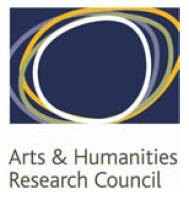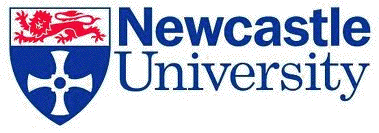Bursaries for Participants
The Tyne-Forth Prehistory Forum is able to offer two types of bursary to our members. The first is to stimulate new research projects and the second allows members to attend our meetings. To apply simply download the relevant pdf and follow the instructions.
Research Project Bursaries
One of the stated objectives of the Forum to the Arts and Humanities Research Council is to stimulate new research projects which operate across the English-Scottish border into prehistoric communities. To promote these, the AHRC has provided limited financial support to assist active researchers in the region getting together and exploring new collaborations and research projects. This is only ‘seed-corn’ funding, to get an idea ‘off the ground’ through a project discussion meeting.
The Tyne-Forth Prehistory Forum will support necessary travel to potential field areas in facilitating cross-border collaboration. The funds are intended to facilitate meetings between colleagues in different institutions, particularly those on either side of the border, either in preparation of a grant application or in the field, discussing particular research strategies. Most academic institutions will provide this sort of funding, and we ask you to pursue these sources if they are available to you before turning to the Forum.
In return for these bursaries, applicants will be asked to prepare short, informal presentations of these collaborations at Forum meetings, for several reasons: the Forum serves to disseminate information and new ideas to colleagues; ‘joined-up’ thinking and synergy are facilitated through new linkages and connections being forged; and the Forum acts as a ‘think-tank’ in reviewing ideas and providing feedback.
Travel Bursaries
These travel bursaries are intended to allow colleagues who may be financially disadvantaged, for various reasons, to attend our meetings. This is of particular value because meetings of the Forum will be in different locations, and in two countries. In requesting funding for these bursaries from the AHRC we identified colleagues with the greatest need as being: senior undergraduates and postgraduates researching aspects of prehistoric archaeology but with limited financial support, colleagues in the voluntary sector, retired persons, and colleagues in commercial archaeology who, at this time, may not find support for our activities supported by their organisations. Our experience to date has been that financial support for most colleagues has come from their organisations, and we hope this will continue.



